The New Farm Bill Proposal Puts SNAP Benefits in Jeopardy
Did you know that for every one meal a food bank provides, the Supplemental Nutrition Assistance Program provides nine meals? Also known as SNAP, the federal program provides low-income people access to food benefits each month. Renamed from “food stamps” in 2008, the program helps low-income families expand their grocery shopping budget so they can purchase nutritious food for their families.
In 2023, 41.2 million people nationwide received SNAP benefits, with approximately 859,100 people in Washington State receiving these benefits. Federal SNAP spending totaled $113.04 billion and benefits averaged $211.57 per participant per month.
Even though millions of people benefit from SNAP Benefits, the government is debating on how much funding the food assistance program should receive in the future. This year, these conversations and decisions appear in the 2024 Farm Bill.
The Farm Bill was originally made in 1933 in President Franklin D. Roosevelt’s New Deal legislation. During World War I, American farmers increased production to meet global demand, and continued to produce record levels of crops after the war. This created surpluses and drastically lowered crop prices. As a result, the U.S. government made the first set of Farm Bill programs which aimed to increase agricultural prices by reducing the overall supply. Through the Farm Bill programs, farmers received money for reducing the production of certain crops, such as wheat and corn.
Price control remains one of the prominent purposes of the Farm Bill today, including the 2024 Farm Bill and SNAP funding. The U.S. government’s House of Representatives’ Agricultural Committee is proposing a $30 billion cut to the SNAP Program. If the government approves the $30 billion cut, low-income people nationwide, including one-third of the Seattle population, will have about $30 fewer to access nutritious foods and supplement to their grocery shopping needs, while prices continue to rise. The U.S. Senate’s Agricultural Committee proposed keeping SNAP at its current level of funding, which will continue to help low-income people get food on the table and continue the conversation about ways to end hunger in our community.
The current Farm Bill ends on September 30, 2024. You can voice your opinion on the 2024 Farm Bill and its impact on SNAP Benefits by contacting your local legislators. Visit the Washington State Legislature District Finder to learn who your legislators are and contact them about your thoughts on SNAP’s funding.

